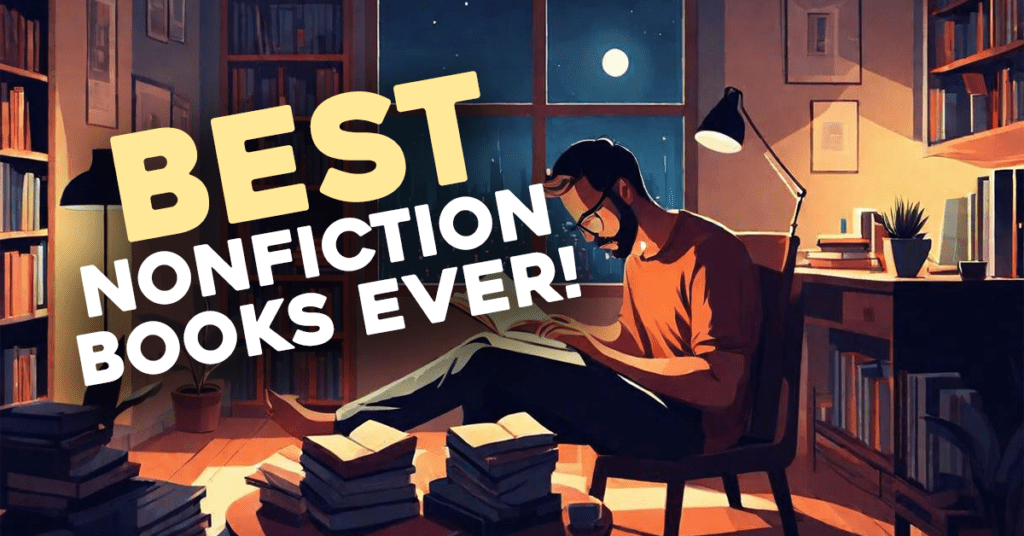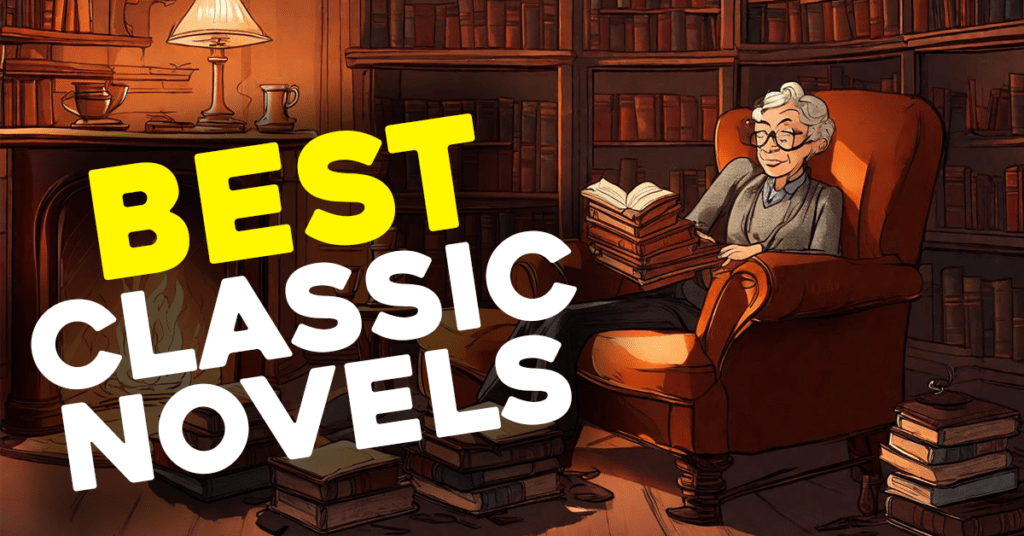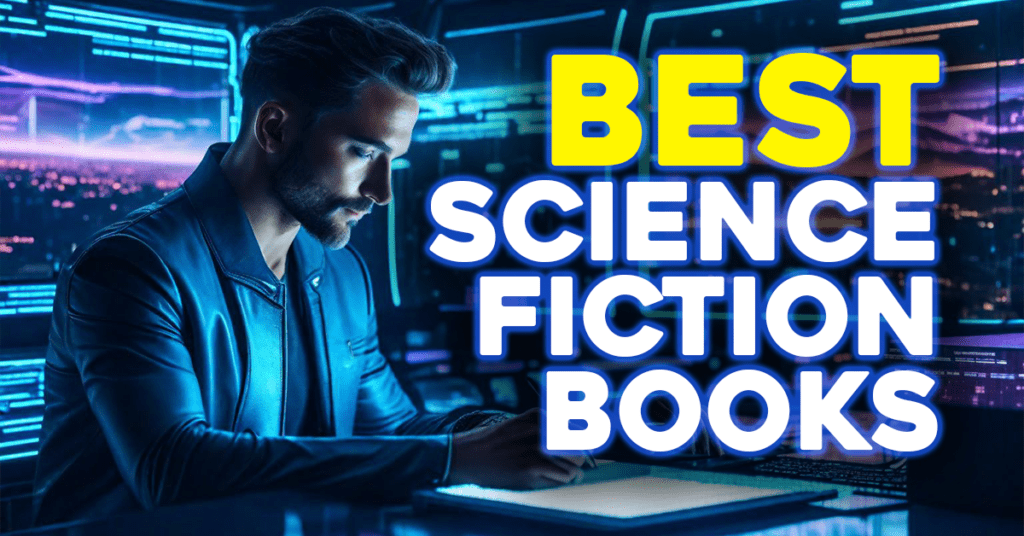Introduction
The Value of Nonfiction
Nonfiction can truly be a goldmine for knowledge. They can serve to help us learn more about the world we live in, hone our talents and they even widen perspectives. From delving into the depths of historical events, to revealing the mysteries behind state-of-the-art technologies and even exploring human psychology – non-fiction leads us down paths we may have never discovered otherwise. – Best Nonfiction Books

Criteria for Selection
The titles chosen for this list were not selected simply because they are bestselling texts, but rather due to the way in which information is communicated through them as well as their readability and overall reader impact on a global scale. Our approach combines the trifecta of sources: reader reviews for true experience, expert lists to reflect informed interpretation and bestseller sales figures as a signifier or cultural penetration. With a combination of everything above, you are sure to find some amazing nonfiction that is serious while being fun and educational at the same time.
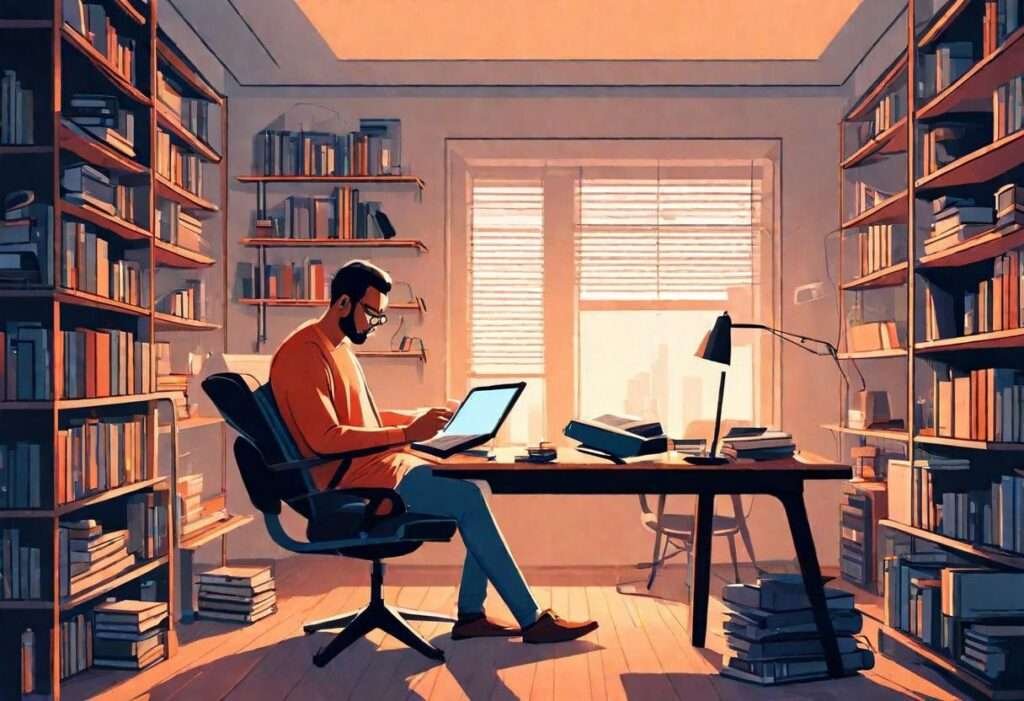
How to Approach Non-Fiction
- Retention: Summarise chapters, take notes from the book to recall what you have read
- If your goal is to read more, then aim for a certain time in the day where you will always pick up that book and make it part of your routine.
1. History and Biographies
Influential Biographies
- Steve Jobs (Walter Isaacson) – One of the greatest entrepreneurs and business leaders, this biography looks at his tumultuous rise in technology.
- Read | The Diary of a Young Girl by Anne Frank – To get an unparalleled peek into the face and aftermaths of undeniable consequences from war, also reminding one about hope.
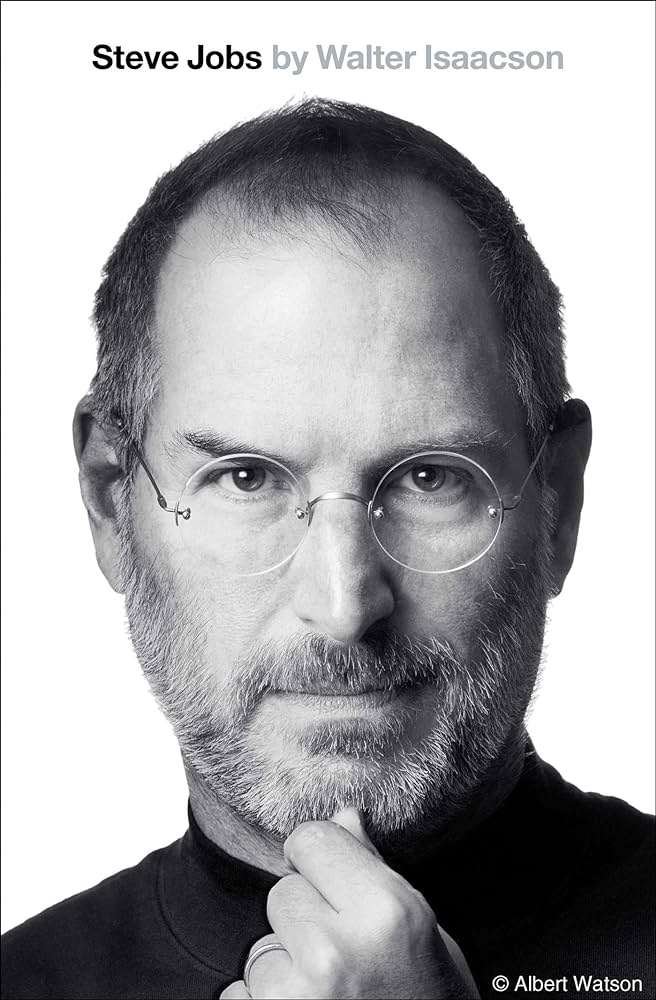
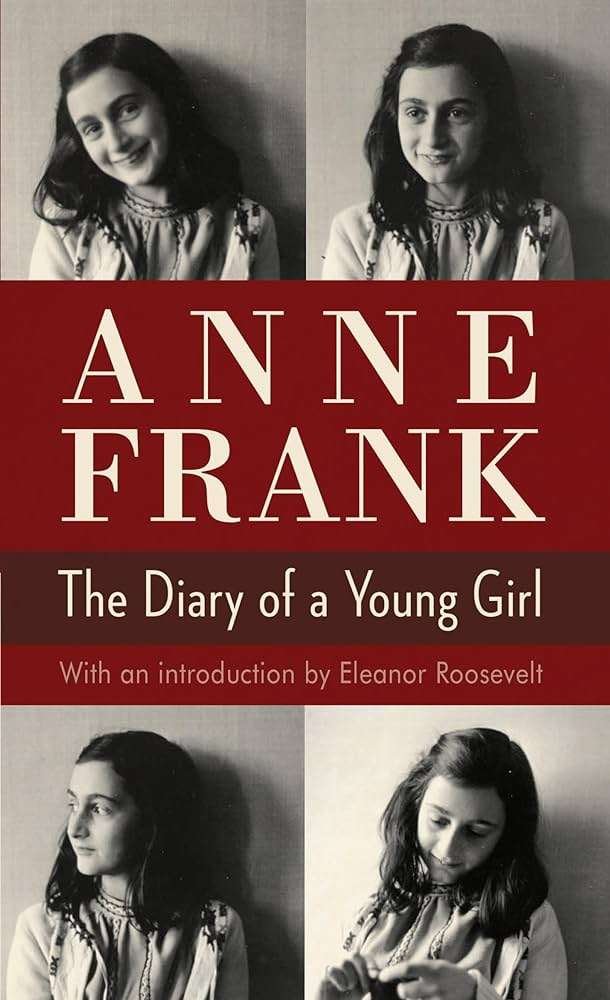
Defining Historical Events
- Guns, Germs and Steel by Jared Diamond: An interesting look at the many aspects of society and environment that have determined our cultural homogeneity today.
- Sapiens – Yuval Noah Harari (a broad history of humankind)
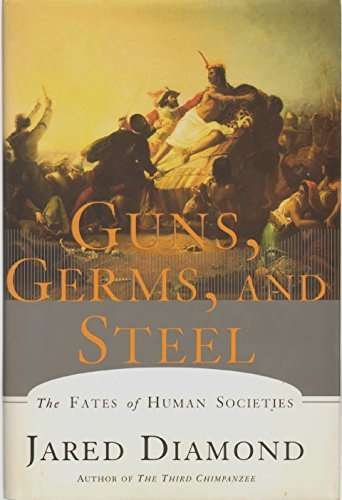
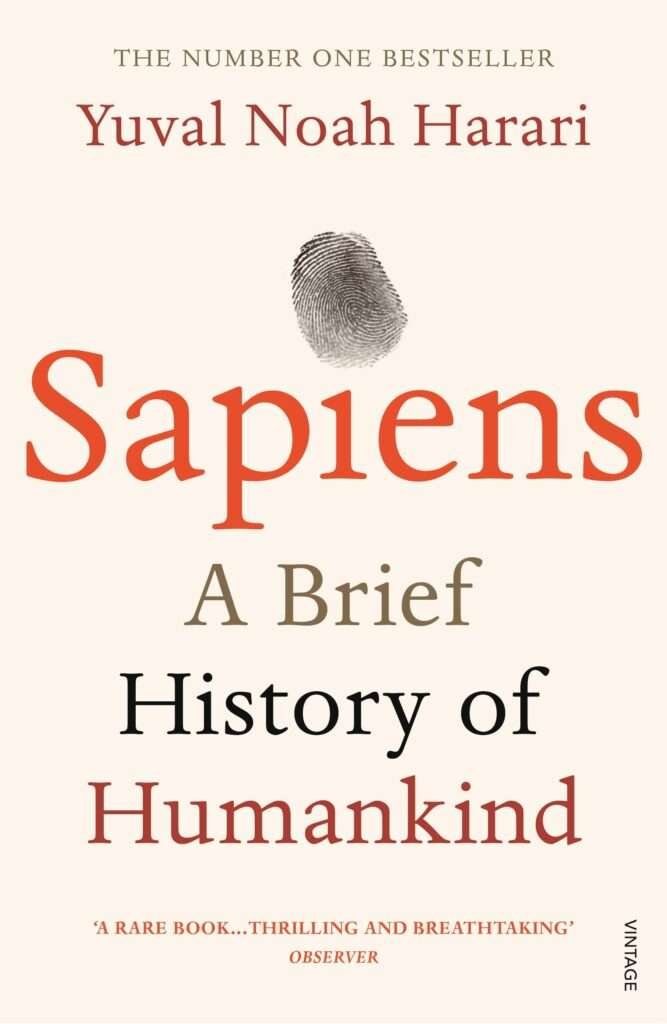
Cultural Understanding
- Things Fall Apart by Chinua Achebe Though the plot is fictitious, this book provides fascinating insights into African culture before European colonization and has been utilized in anthropological research.
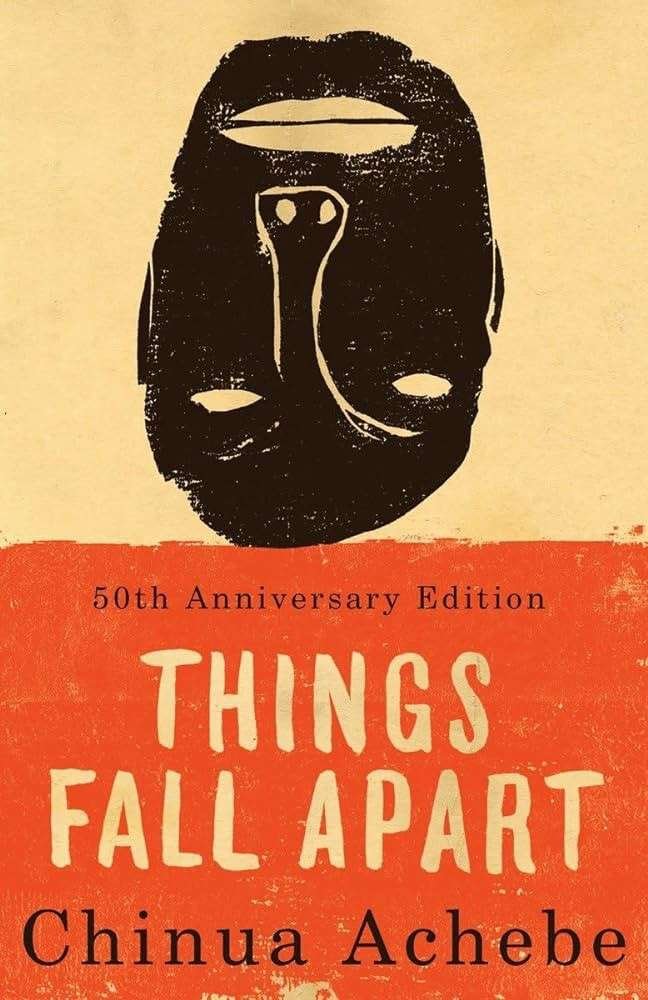
2. Science and Technology
Latest in Tech
- This is one piece of vision into the 12 forces universally defining our future. – Kevin Kelly, The Inevitable
Fundamental Science Concepts
- A Brief History of Time by Stephen Hawking: This book takes a very complicated topic like space, time and black holes to an even higher level which everyone can easily digest.
Environmental Awareness
- Silent Spring – Rachel Carson Rachel Caron’s classic, which is often credited with the beginning of the worldwide environmental movement; a must-read if you’re interested in sustainability and conservation.
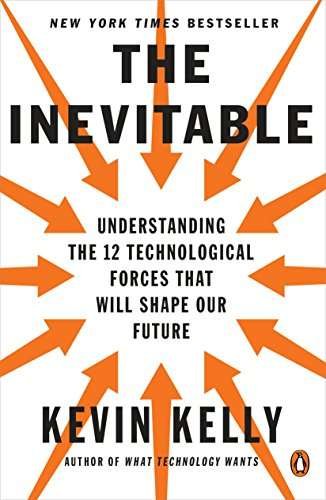
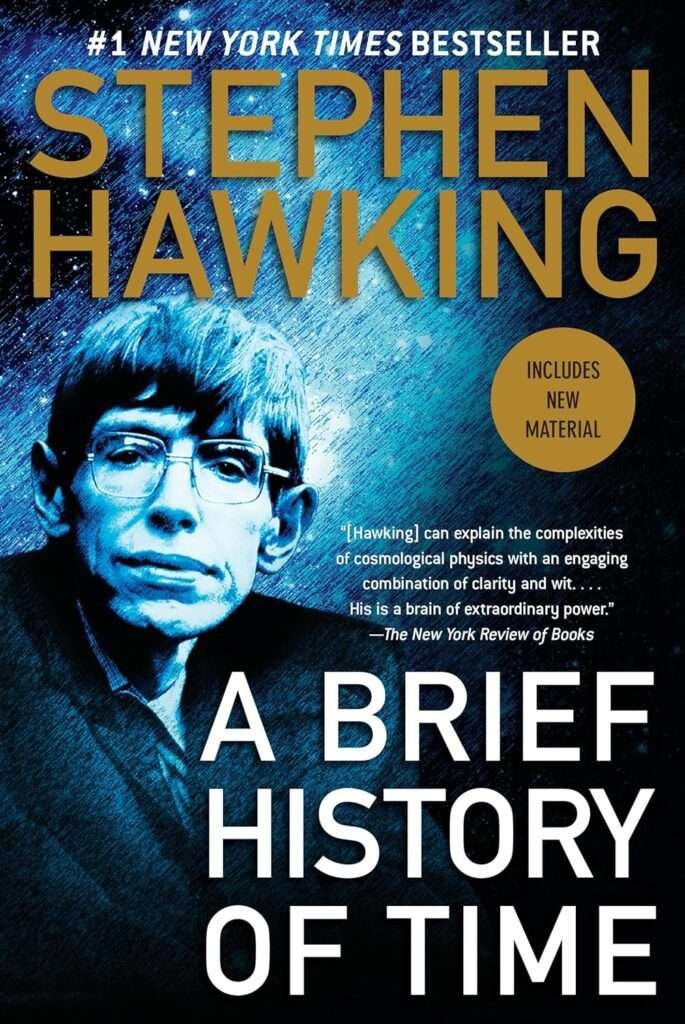
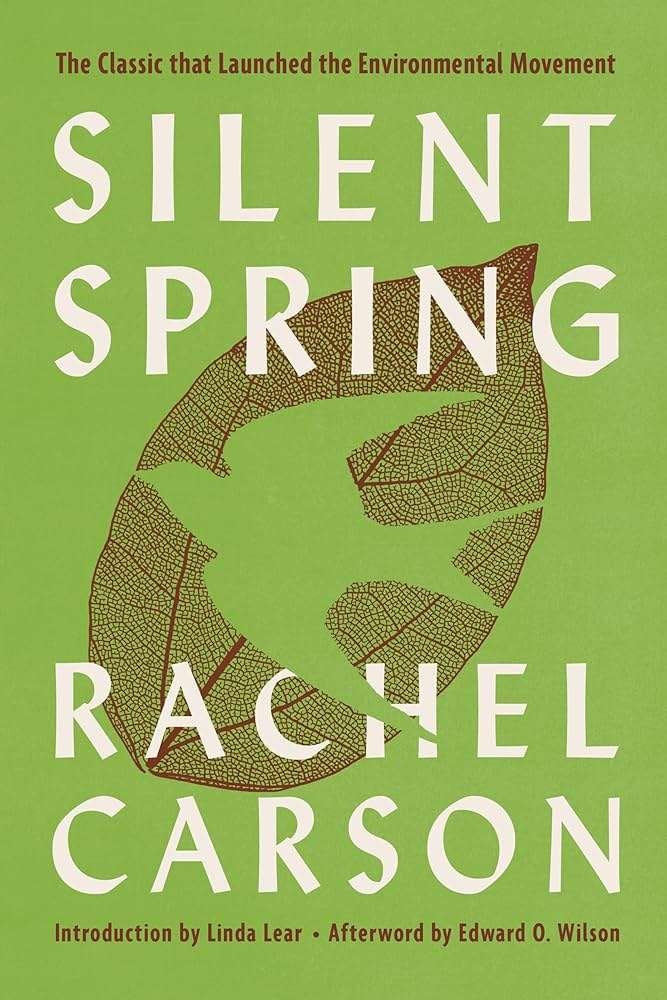
3. Self-help & Psychology
Boosting Productivity
- Deep Work by Cal Newport This book provides solid, durable tips on working with focus and distractions in order to generate high-level work
Understanding Human Behavior
- Thinking, Fast and Slow by Daniel Kahneman A great break down of the two mind systems: The fast one (intuitive & emotional) vs. the slow one (deliberative & logical).
Life Altering Habits
- Atomic Habits by James Clear: An easy and proven way to build good habits and break bad ones.
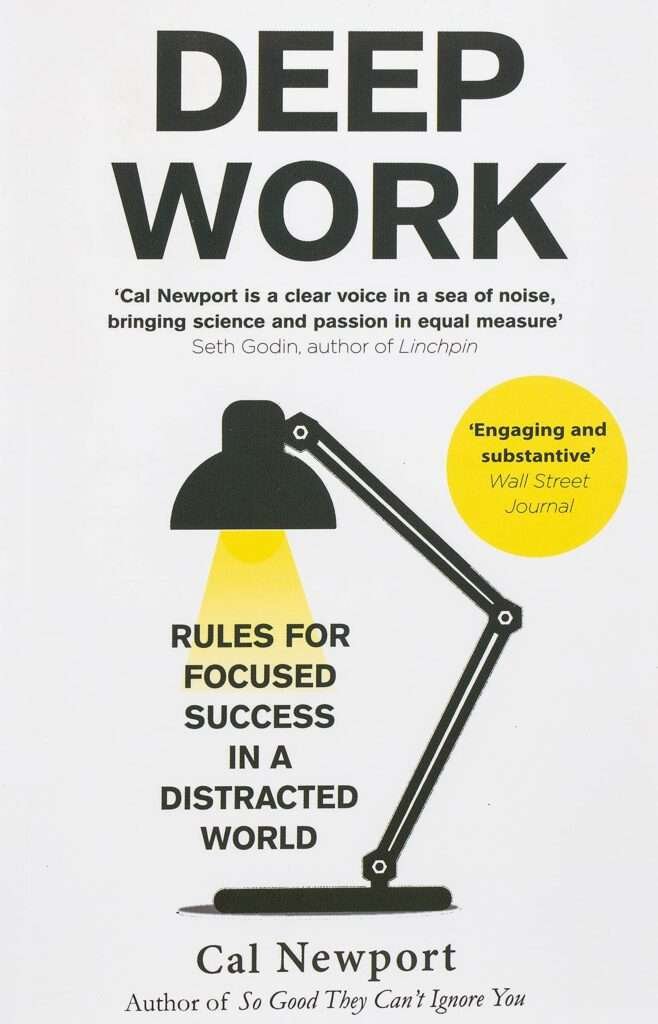
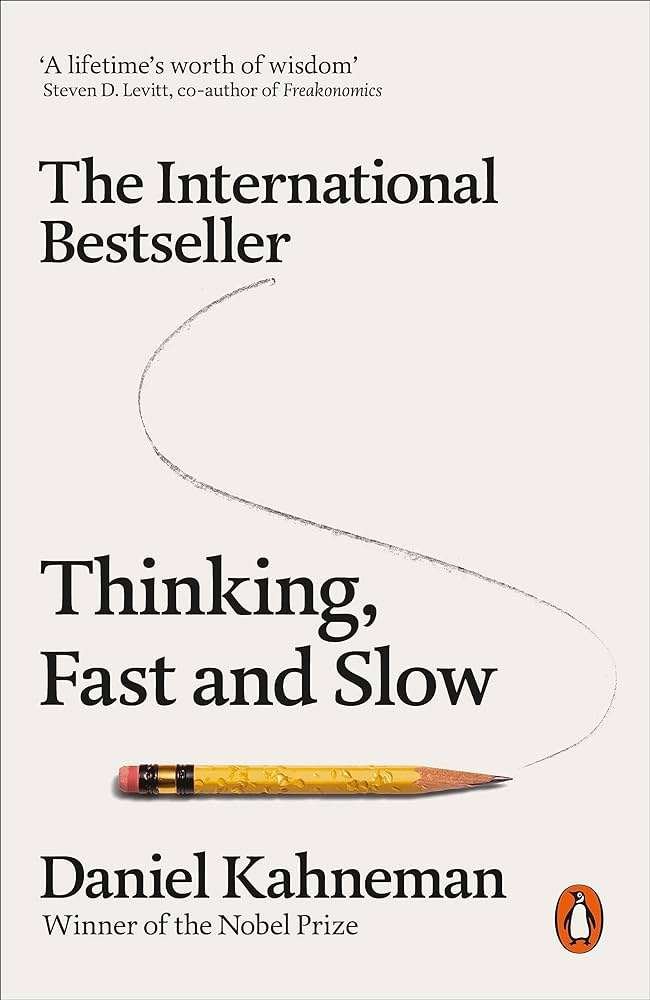
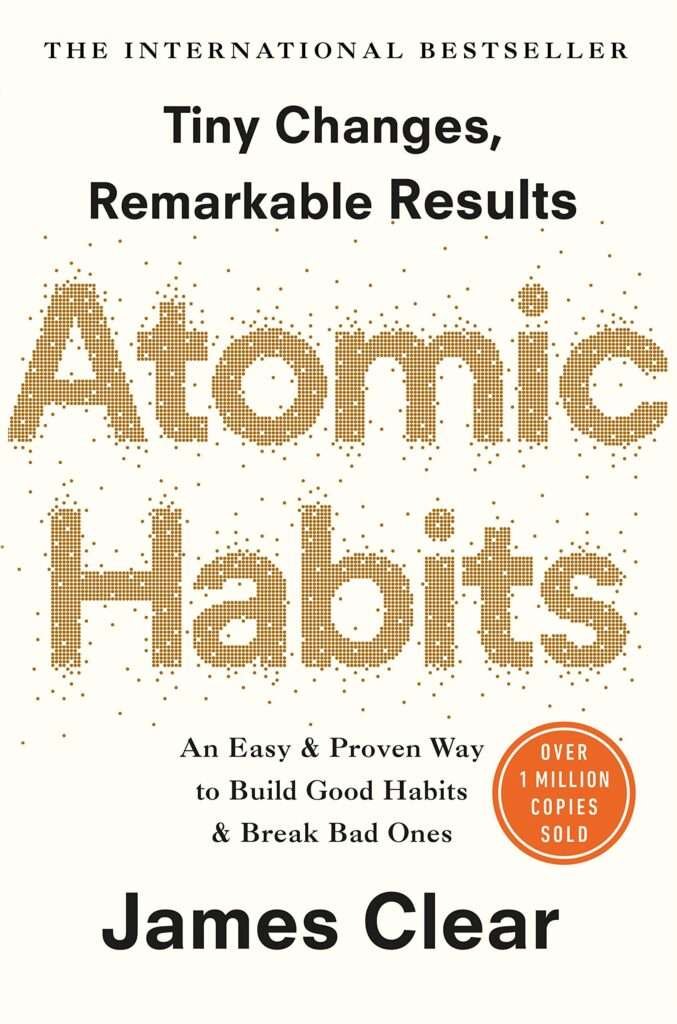
4. Best Economics and Business Nonfiction Books
Understanding Economies: Best Nonfiction Books
- Freakonomics: A Rogue Economist Explores the Hidden Side of Everything, $9.99 “The Book Bill Gates Wants Everyone to Read” declares the blurb on this book by Stephen J. Dubner and Steven Levitt about quirks within economic theory
Leadership and Management (Best Nonfiction Books)
- How to Win Friends and Influence People by Dale Carnegie – Read this one again periodically, as a primer on leadership and how to be with creating real relationships.
Innovation and Entrepreneurship (best nonfiction books)
- Zero to One by Peter Thiel – different insights on how startups innovate and create the future.
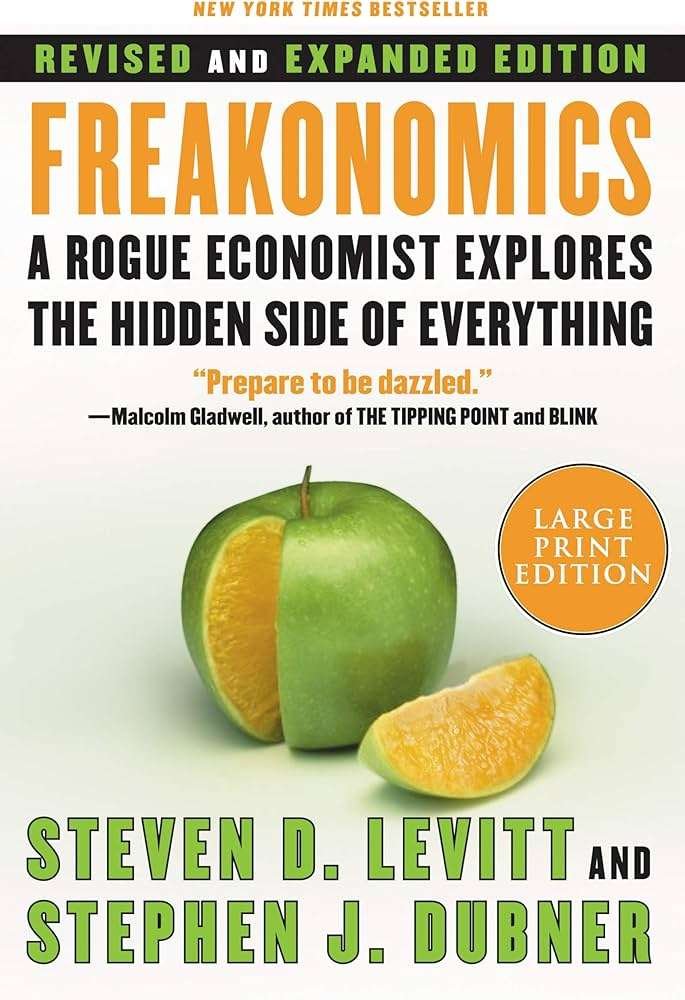
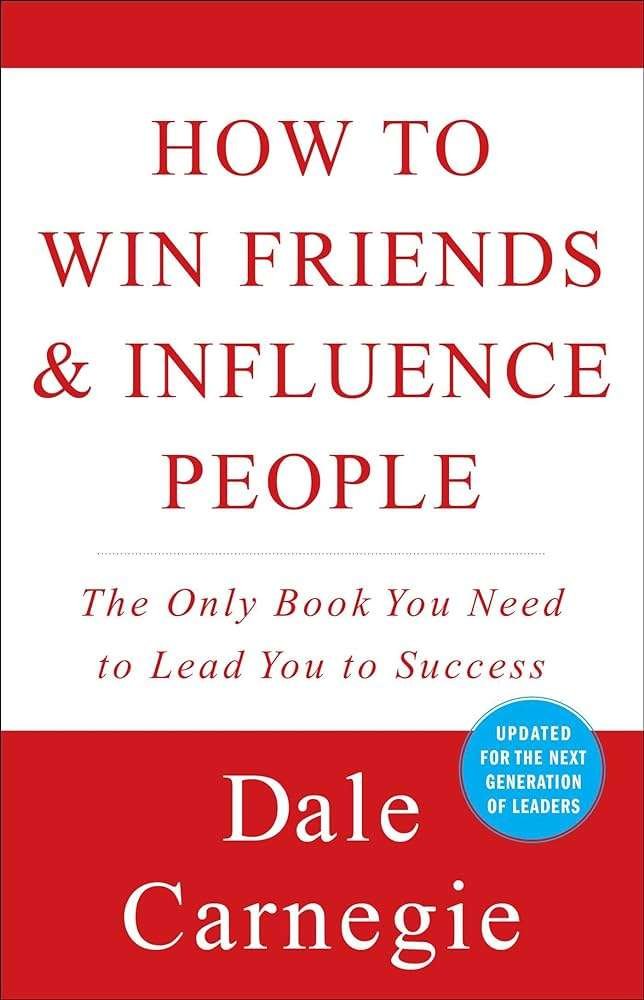
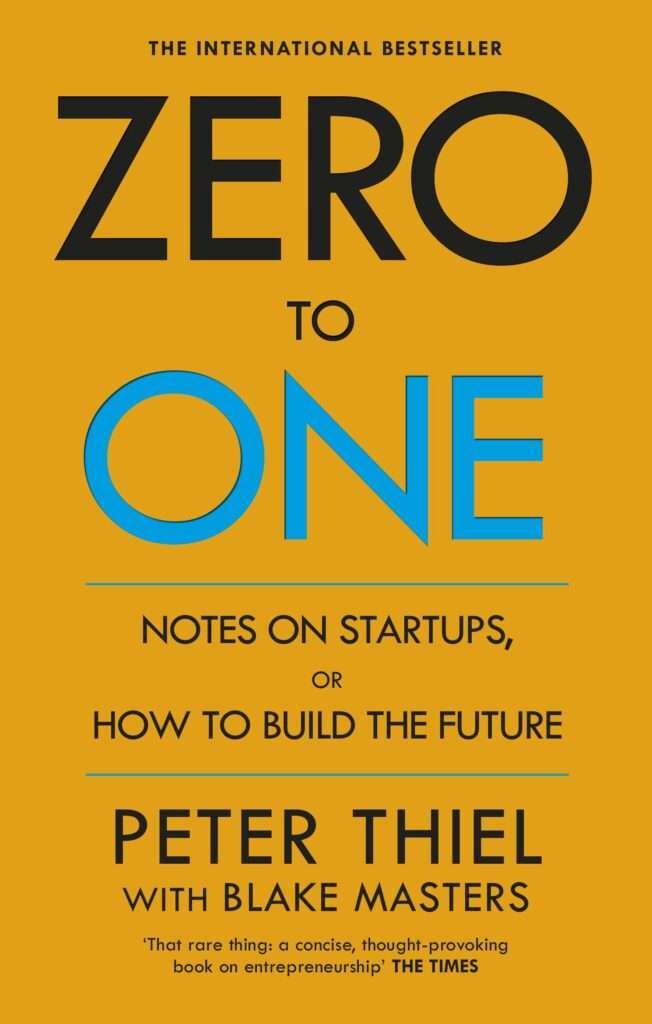
5. Arts and Creativity: The Top Nonfiction Books
Art Lover: Best Nonfiction Books
- Ways of Seeing by John Berger- A book that questions how we see art and what it means in society.
Creation Story: The greatest non-fiction books
- Big Magic by Elizabeth Gilbert – Tells you to follow your curiosity, do whatever brings us joy and pursue the things we fear.
Nonfiction Books About the Role of Art in Society
- The Shock of the New by Robert Hughes – A look at modern art from impressionism onwards, and what it has meant culturally.
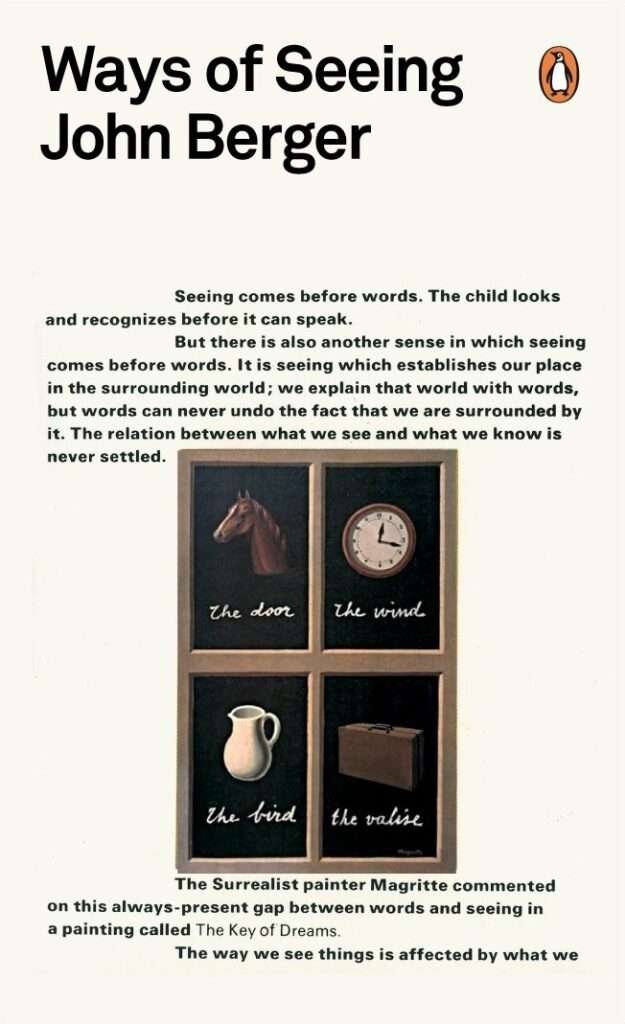
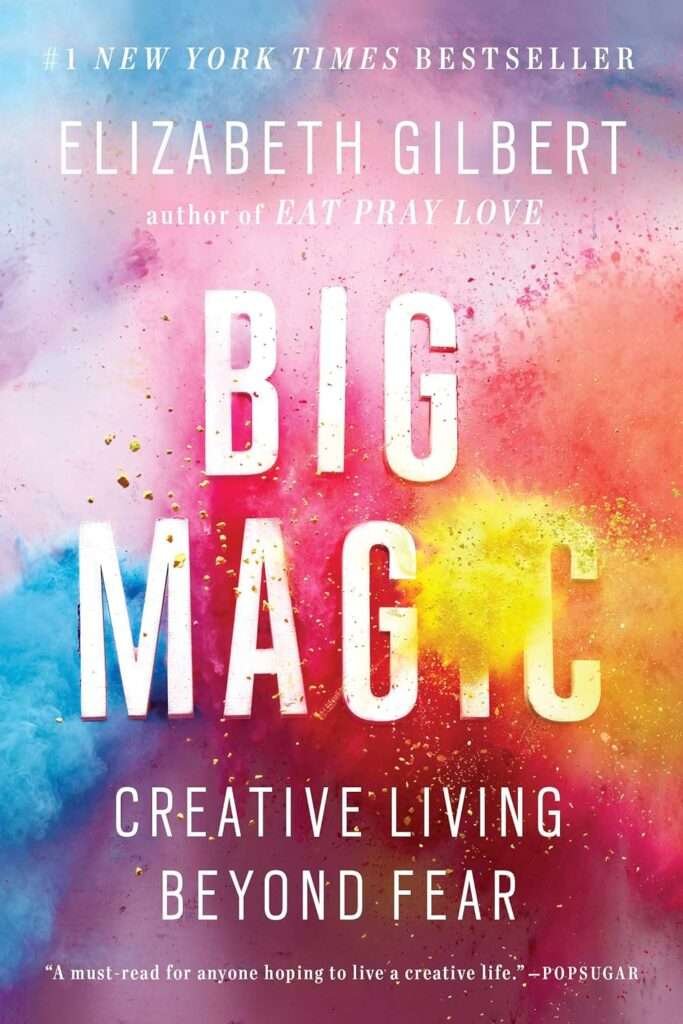
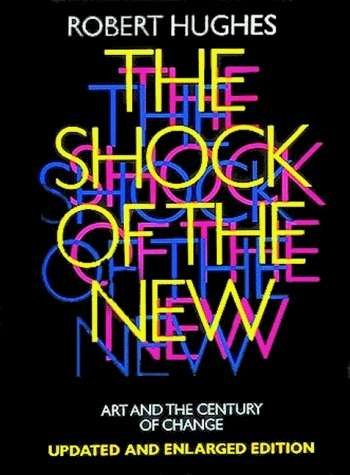
Summary: Best Nonfiction Books
Putting It All Together: Best Nonfiction Books
These are not Sweary Cat Level Of Wisdom, each of the discussed books covers a domain from learning personal development techniques to understanding societal shifts through an art. Whether you want to learn how to unlock your full potential, or just appetize the curiosity that guides it – one of these books will help.
If You Want to Be a Lifelong Learner: Best Nonfiction Books
So keep reading, keep learning and always feed your curious mind the treasure trove of information that non-fiction books provide. There is a non-fiction adventure for every reader to be found in these books, from historical accounts that take you back through the ages of time and place to scientific discoveries that upend everything we thought was known about our universe. Then open a book, start to read its pages and begin an ever regenerative voyage of discovery.
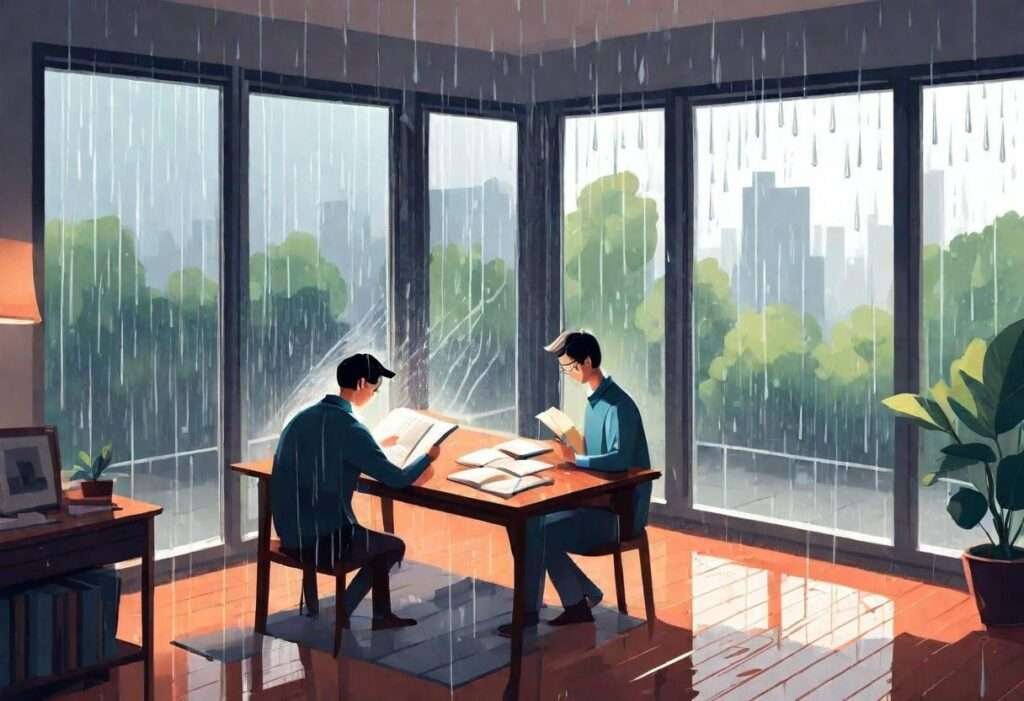
FAQs
- How do I choose the right non-fiction books for my interests?
Start with your interests or areas you’re curious about, and look for books with high ratings and positive reviews in those categories.
- Are audiobooks as beneficial as traditional reading for non-fiction?
Yes, audiobooks offer the same benefits as reading, potentially more if you are an auditory learner or if you have a busy schedule that doesn’t allow much time to sit and read.
- How often should I aim to read non-fiction to really benefit from it?
Aim for a consistent schedule, whether it’s a few pages each day or a book every month. Consistency is key.
- Can non-fiction books improve my professional career?
Absolutely, especially books that are relevant to your field, improve essential skills like leadership, communication, and management, or expand your understanding of industry trends and technologies.
Check Out The Sources
Check Out More

